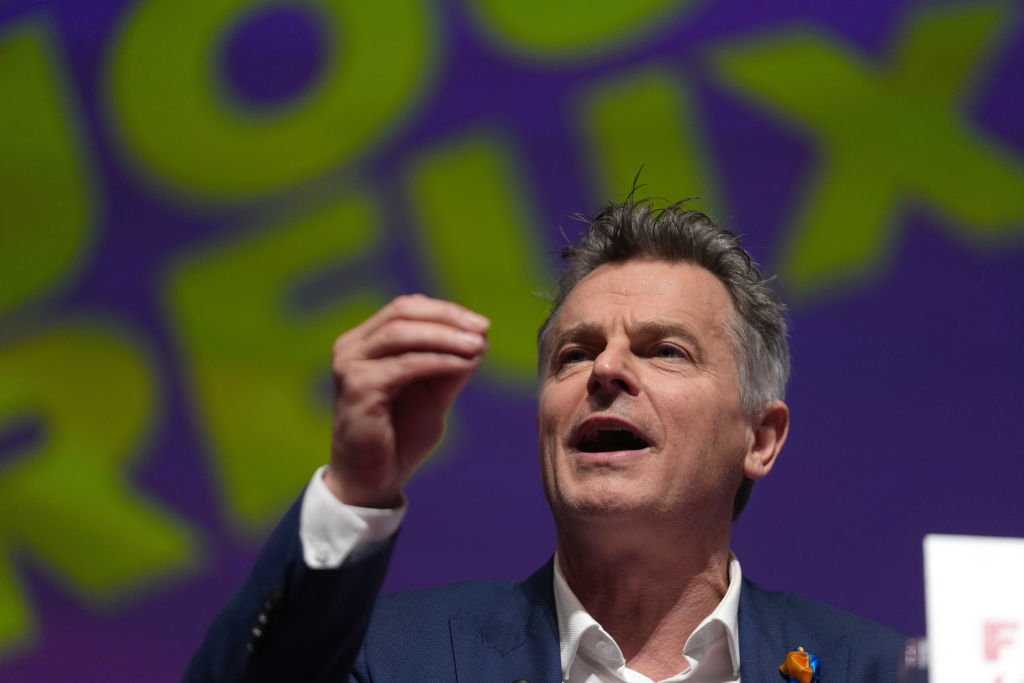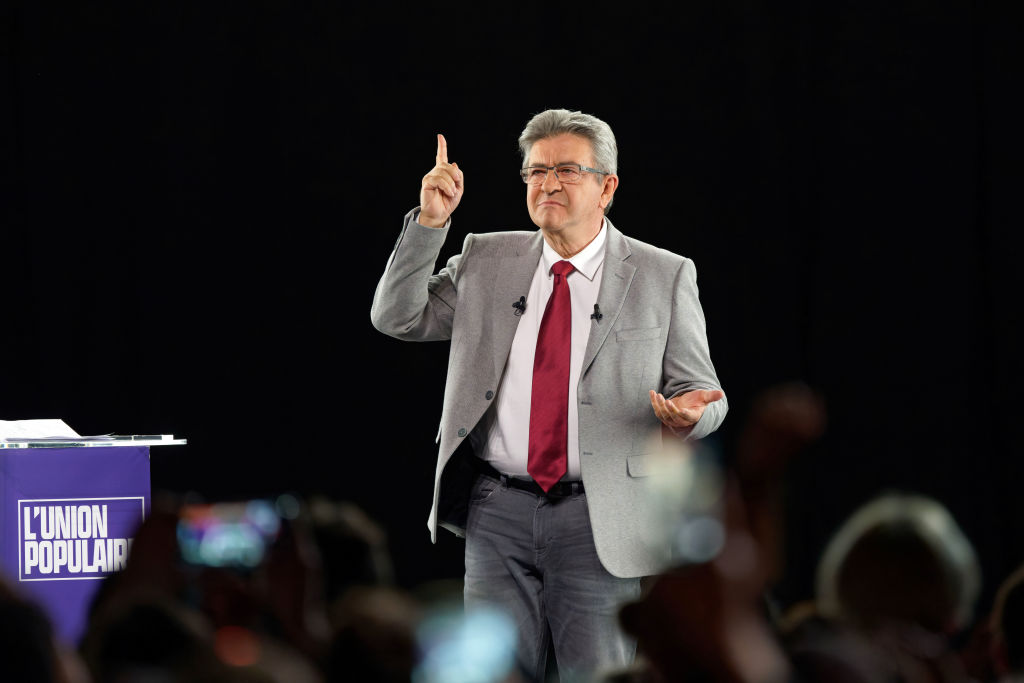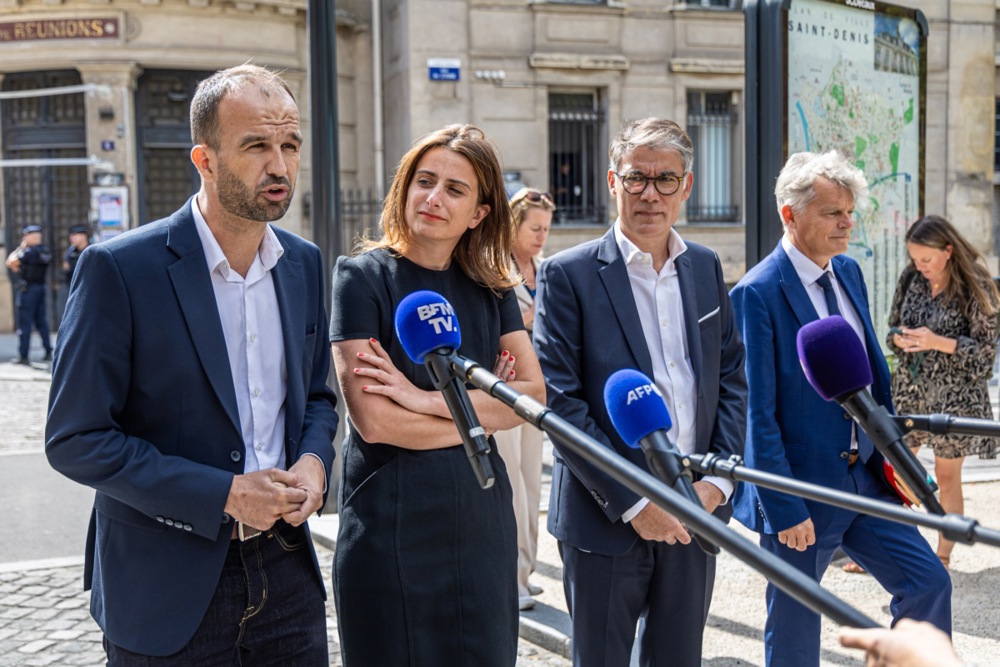France’s moderate Left has distanced itself from radical firebrand Jean-Luc Mélenchon as it lays the groundwork for a unified front in the 2027 presidential election.
At a meeting on July 2 convened by Lucie Castet, previously floated as a Left-wing candidate for prime minister, the Socialists, Greens, and l’Après (After), a party founded by former members of La France Insoumise (LFI), announced a new coalition with one clear message so far: Mélenchon is out.
The group declared its intention to have a single presidential candidate, to be revealed between May and October 2026.
In the meantime, leaders from each party will meet weekly to construct a shared platform for 2027.
“We want to organise a dynamic that will make the Left win in 2027,” said Castet, signalling a strategic break with Mélenchon’s divisive politics.
Socialist Party leader Olivier Faure framed the initiative as a democratic defensive wall against the growing power of the Right: “We don’t want to let the far-right have a monopoly on the alternative.”
François Ruffin, once an ally of Mélenchon and now a prominent voice against him, was more pointed: “Today, the Popular Front 2027 is born. A common candidacy, a common programme … to change, for the better, the lives of people in our country,” he said.
“We have to come up with a team, and then we can entrust the country to them.”
Noticeably absent from the proceedings was LFI leader Mélenchon, who offered no immediate comment, and Communist leader Fabien Roussel.
Speaking with Le Parisien, Roussel refused to participate in the July 2 meeting, arguing that first the Left should organise for the local elections.
After the 2024 snap elections, Communist Party leader Fabien Roussel blamed the left-wing rhetoric of Mélenchon and his party for contributing to the Left’s setbacks.
Despite recent overtures from Mélenchon, who said LFI was open to working with any leftist willing to unify, many on the moderate side appeared unwilling to entertain a fourth Mélenchon candidacy.
His 2022 run, which secured 22 per cent of the first-round vote, failed to reach the presidential second-round runoff.
The 2027 new coalition’s efforts echo the short-lived unity of the New Popular Front formed amid political chaos in June 2024, of which Mélenchon was a part.
Meanwhile, the presidential field was already beginning to take shape.
Left-leaning Liberal MEP Raphaël Glucksman announced his intentions to run, further underlining the enduring fragmentation of the French Left.
Former French prime minister from 2002 to 2007, Dominique de Villepin, hinted he could also run.





